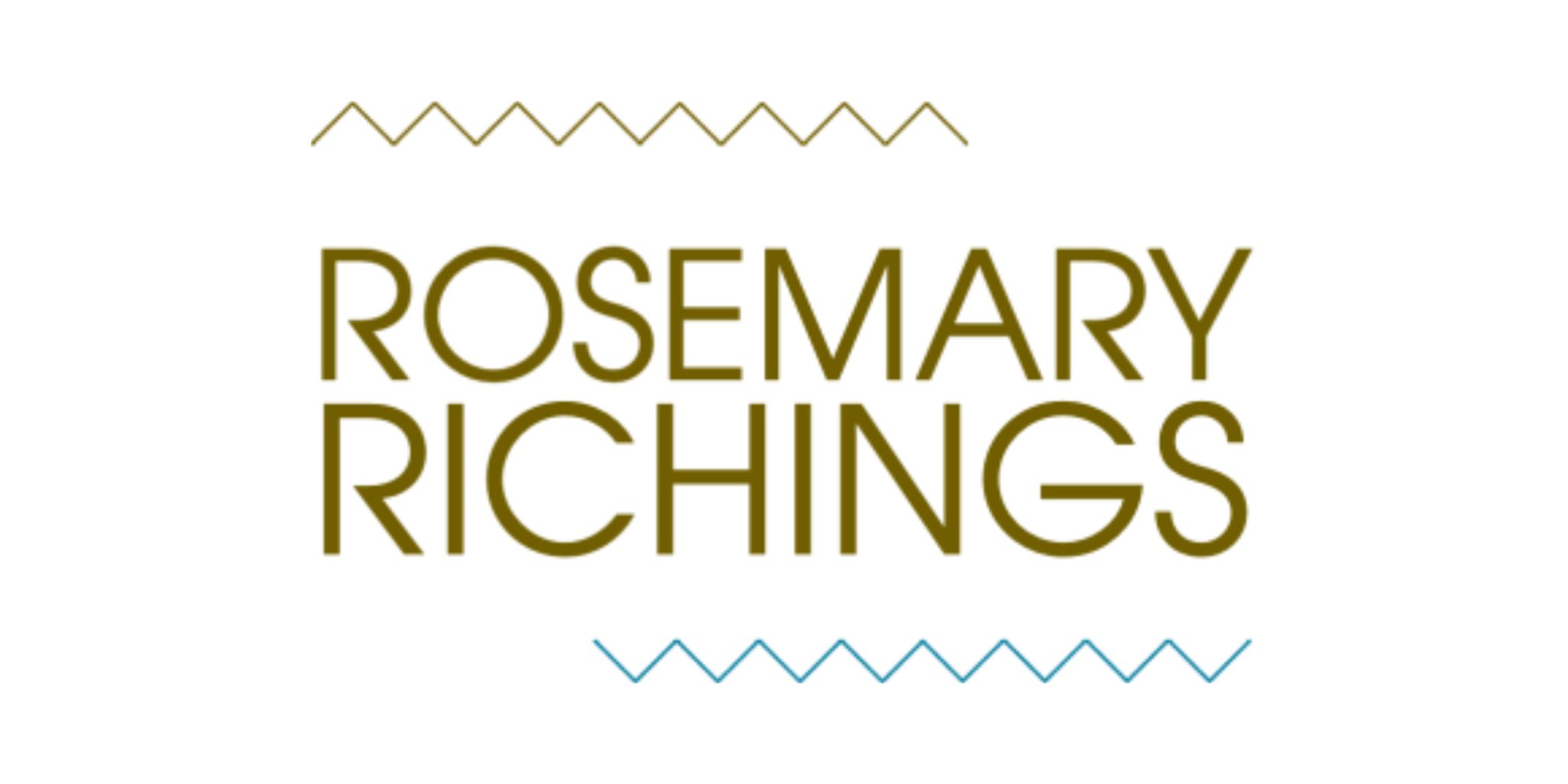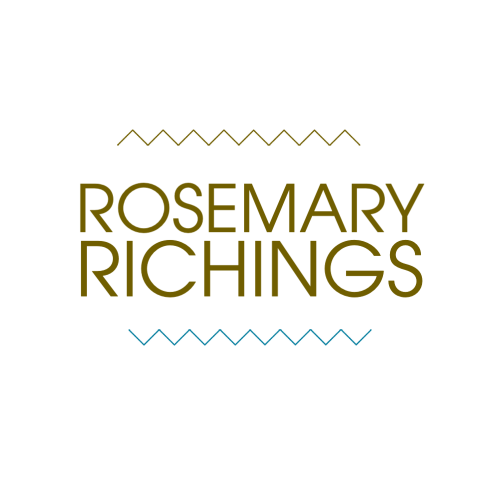Blogging is the new, cool thing to do because there are numerous benefits.
The benefits of blogging include everything from organically driving traffic to your website, to attracting new audiences via social media.
Every time you write a new blog post you’re adding a new page to your website. Every time you add a new page to your website you’re organically attracting web traffic.
In other words, why not start a blog? Exactly! Why the heck not? Here are a few common reasons why people might not consider blogging that might sound familiar:
- It’s too hard
- I don’t know what to write
- I don’t have time to write
If these excuses sound far too familiar then you might be open to the idea of working with a blogger. But how do you know how to make the right choice?
Today I’m going to give you a step-by-step guide on what to look for in a blogger.
1) A Professional Website

Some bloggers use the same interface and URL for both their blog and their website, and some don’t. Is one approach better than the other? Well…not really. A lot depends on the person’s personal preferences and goals.
When considering a prospective blogger for your company, start by carefully examining their site. Is it professional? In other words, do they have key elements such as:
- A professional headshot
- An easy-to-understand description of who they work with and what they do
- Clear instructions on how to get a hold of them
- A unique selling point that is actually unique
- Web pages where after you’re done reading you know exactly what to do next
- Proper grammar, spelling, and punctuation
2) Consistency

Any blogger that’s worth working with excels at consistency. But why is this such a crucial character trait for bloggers?
Companies that increase the number of blog posts, from 3-5 times per month to 6-8 times per month double their leads. When reading the work of a blogger that you want to work with look for patterns.
If you start to notice a pattern in terms of what they write and when they write it, then they might be worth the time and effort that’s required to work with a professional blogger.
3) User Engagement

Content engagement is one of those things that a lot of people find extremely confusing. However, Neil Patel came up with an easy to understand definition of what it really is:
To keep it simple, I define content engagement as real people responding in measurable ways to your content.
When you’re reading the work of a blogger that you want to work with, pay attention to the quality rather than the quantity of responses. In other words, who is following their work, and how do they respond?
If people engage positively and productively to a blogger’s work, then their posts will likely have a similar effect on your readers.
4) Social Proof

Social proof influences every aspect of the decision-making process. To put it simply, it’s based on this idea that credibility is about who you’ve worked with.
It’s also a powerful marketing tool, where you get to hear the opinions of everyday consumers. I know what you’re thinking:
Why should I listen to a blogger because someone from company X or Y thought that they were awesome?
However, if you’ve ever bought something online after reading a series of positive, online reviews, or gone to a restaurant because it attracted a large crowd, then you’ve experienced the unlimited power of social proof.
Do you want to work with a blogger? If so then pay close attention to who they’ve worked and what they have to say about their work.
5) Relevant Content & Writing Style

If you want to create a blog that actually delivers valuable results, you need to make your blog customer, not industry-focused.
Not to mention, you probably have your own ideas about what counts as “good” writing, and what you want your blog to accomplish over the long-term.
When in doubt, pay close attention to the blogger’s writing voice. After reading a pro blogger’s blog, writing samples, about page, etc, you’ll learn a lot about their typical approach to the blogging process.
Do your research, so that you know if the blogger that you’re interested in is a good fit for your publication, small business, etc.
6) Ask yourself the following question: “how effectively do they listen to others?”

Arguably one of the most important character traits of any blogger is the ability to listen.
In my opinion, productive listening is what separates amateur bloggers from bloggers that have successfully built up their own audience.
For instance, Problogger founder Darren Rowse is successful because he produces large volumes of useful content.
The only way to know for sure how effectively a blogger listens is to pay attention to their actions and reactions on everything from their personal and client projects to their social media profiles. You should also pay close attention to how they react to your feedback and questions.
To sum things up…
When choosing a blogger for your company, always take a value first, rather than an experience first approach.
Although experience is still an important part of the decision-making process, it doesn’t automatically mean that a blogger will be a good fit for your blog. At the end of the day, it’s all about your company and what you want to get out of working with a blogger.
For instance, do you want a blogger that has advanced knowledge of SEO and technical topics or do you want a writer that can write quirky, relatable, lifestyle content? The best part of this decision-making process is that the answer is 100% up to you.
By the way, I offer a variety of blogging services, so if you’re looking for an experienced lifestyle blogger, let’s talk soon:
Over to you…
What traits do you look for in a blogger? Feel free to comment in the comment section below.



